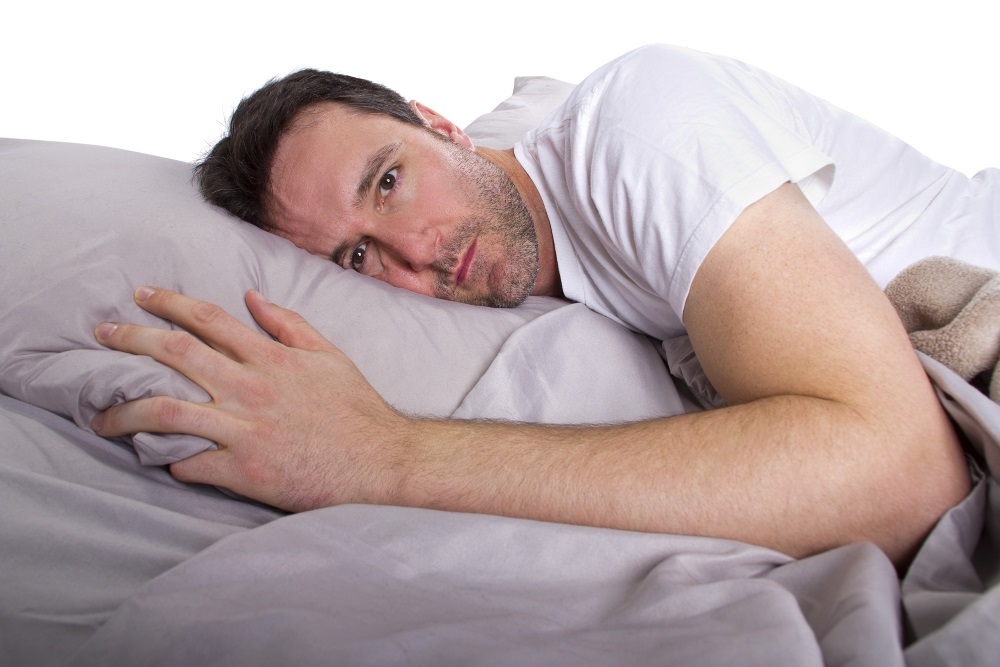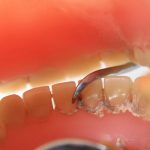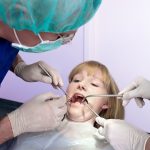What We’ve Discovered About Sleep Disorders
The practice of dentistry continues to evolve as practitioners take on a more collaborative role in the wholistic health of their patient. For example, one area that dentists have taken a new, leading role is in the management of sleep disorders.
In 2017, the American Dental Association approved and announced a new policy position on sleep disorders and solidified its member dentists’ space in this practice field. The adopted policy highlights that dentists are the only health care provider with the knowledge and expertise to provide oral appliance therapy.
Keep reading as we dissect how this policy benefits dentistry, and the importance of the strong management of sleep disorders and the effects it can have on a patient.
What are sleep disorders?
“Sleep disorders” is a broad category used to define sleep problems, including snoring, sleep apnea, insomnia, sleep deprivation, and restless legs syndrome. The National Sleep Foundation estimates 18 million Americans have sleep apnea, which is a condition caused by repeated breathing interruptions throughout the night.
How do sleep disorders relate to dentistry?
It might seem hard to make the connection between sleep disorders and dentistry; however, dentists are the first health care provider in many cases to notice the symptoms of a sleep disorder.
For example, the first sign of sleep apnea is often tooth grinding. Dentists can easily identify teeth that have been worked down throughout the night. Not remedying the problem can result in tooth breakage and receding gum lines. The amount of pressure applied from the jaw to the teeth throughout the night can lead to significant tooth pain that actually wakes you up throughout the night, further disrupting sleep. The appearance of the tongue can also highlight sleep apnea in a patient. If the edges are scalloped, it is usually due to swelling and dehydration in the night.
How can Dr. Ku help?
Some patients complain that they have tried every over-the-counter treatment like mouth guards and breathing strips to help them get a restful night’s sleep. A custom-made night guard can reduce teeth grinding, clenching and the resulting jaw pain. It can even help save you teeth from excessive wear and tear. The reason that the American Dental Association changed their policy to allow dentists to take charge of this treatment is because dentists are the best equipped to determine what oral appliance will work best after the diagnosis of a sleep disorder.
In general, a dentist will work with a patient’s other health care providers to create a treatment plan that address both the cause of sleep disorder and to implement strategies to mitigate any damage being done to the mouth. In addition, once an oral appliance is chosen, your dentist will use specialist equipment like a plastic-like mold that forms to the your mouth.
For devices specific to sleep apnea, these appliances work by moving the jaw forward, which increases the size of the airway and allows more air to flow throughout the night. Many times, this is done in conjunction with other therapies, such as weightloss. Many patients choose this treatment since it is portable, discreet and changes can be noticed after the first night.
Lack of sleep can be detrimental to every aspect of your health. Research has shown that sleeplessness can specifically lead to increased stress, obesity and diabetes. All of these conditions have direct impacts on your mouth, too, and can lead to severe oral health problems if left untreated. After the American Dental Association announcement in 2017, now is the time for patients and dentists to discuss the side-effects of sleep disorders and to really transform your nightly sleep.






